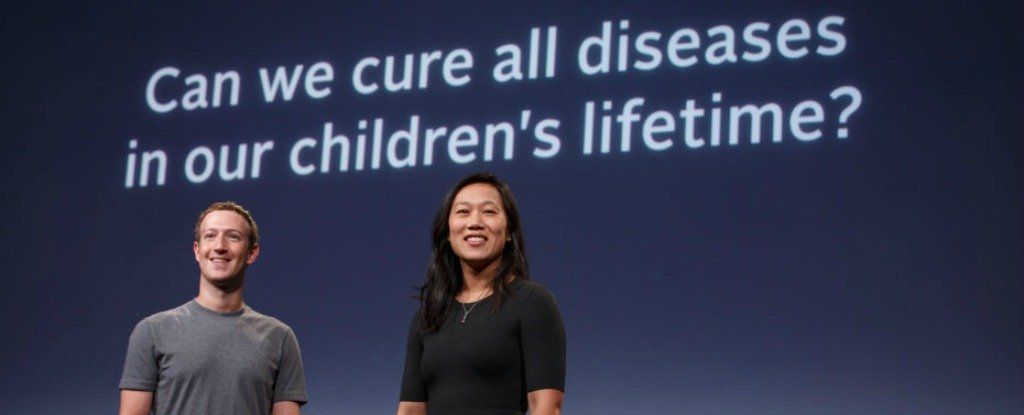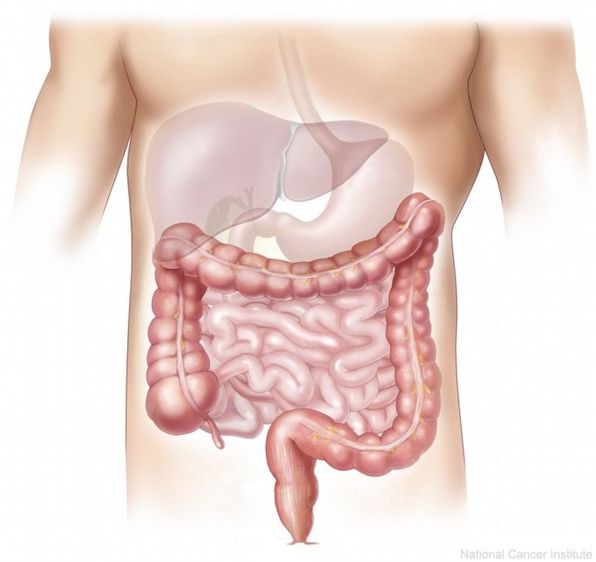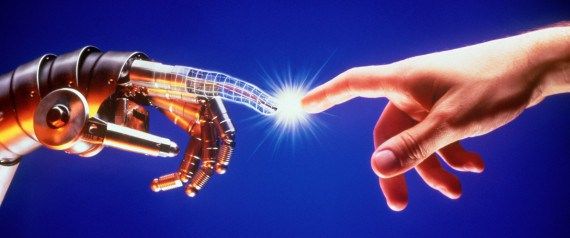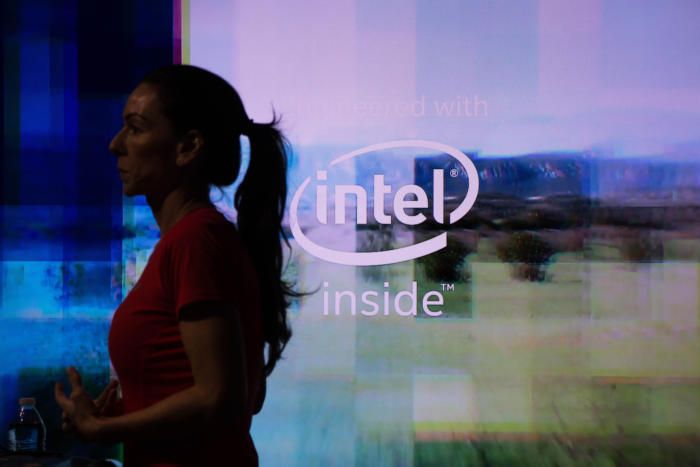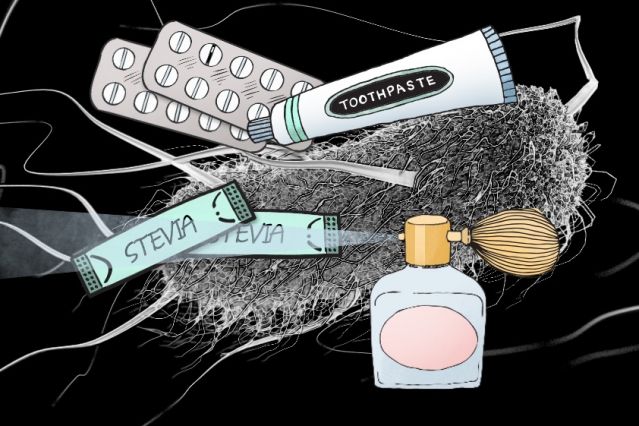Page 10237
Feb 11, 2017
The Chan-Zuckerberg Initiative Is Giving $3 Billion to Cure, Manage, or Prevent “All Disease”
Posted by Shane Hinshaw in category: biotech/medical
The Chan Zuckerberg Initiative, launched in September 2016 and run by Facebook CEO Mark Zuckerberg and his wife, pediatrician Priscilla Chan, set out with the ambitious goal “to cure, prevent or manage all disease during our children’s lifetime”.
As part of the US$3 billion initiative, the organisation created an independent nonprofit Biohub, which on Wednesday said it committed US$50 million to 47 scientists, technologists, and engineers working at UCSF, Stanford, and UC-Berkeley.
The 47 investigators are working on a wide range of projects, but there was one central thesis the Biohub tried to keep in mind when picking from the 700 applicants.
Feb 10, 2017
Stem Cell Fillings Allow Teeth to Heal Themselves
Posted by Shane Hinshaw in category: biotech/medical
In Brief:
Regenerative dental fillings that allow teeth to heal themselves have been developed by researchers, potentially eliminating the need for root canals. The treatment earned a prize from the Royal Society of Chemistry after judges described it as a “new paradigm for dental treatments.”
No one in their right mind would ever look forward to a filling at the dentist. Why can’t our teeth fix themselves? Maybe they can. At long last, scientists from the University of Nottingham and Harvard University may have revolutionized the way we look at treating dental issues. Their regenerative dental fillings allow teeth to heal themselves—potentially eliminating the need for the high-pitched drilling inherent in root canals.
Continue reading “Stem Cell Fillings Allow Teeth to Heal Themselves” »
Feb 10, 2017
This creepy robot walks like a chicken and could someday deliver your groceries
Posted by Bryan Gatton in category: robotics/AI
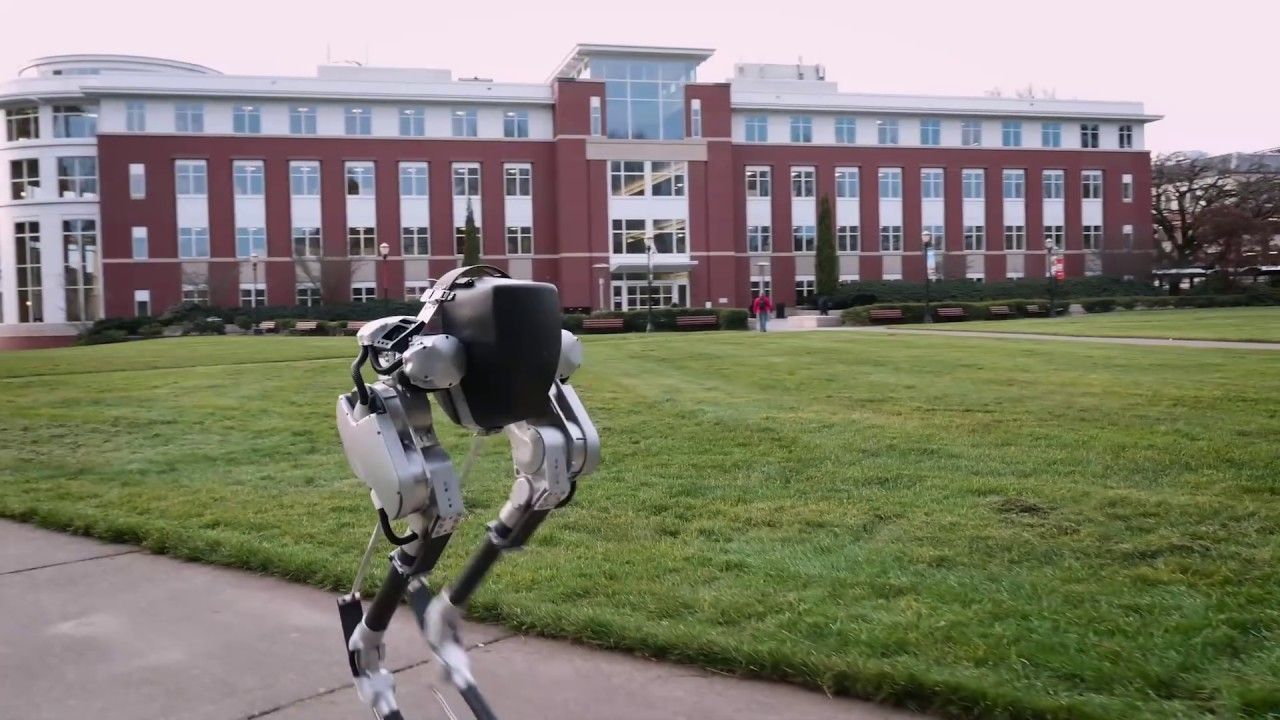
The Cassie robot, developed by engineers at Oregon State University, shows improvement in bipedal machine balance and could be used for courier service.
Feb 10, 2017
Your Farts Could Tell Your Doctor About Your Digestive Health
Posted by Shane Hinshaw in categories: biotech/medical, health
Feb 10, 2017
The Origami Revolution Preview
Posted by Klaus Baldauf in categories: biotech/medical, robotics/AI, space
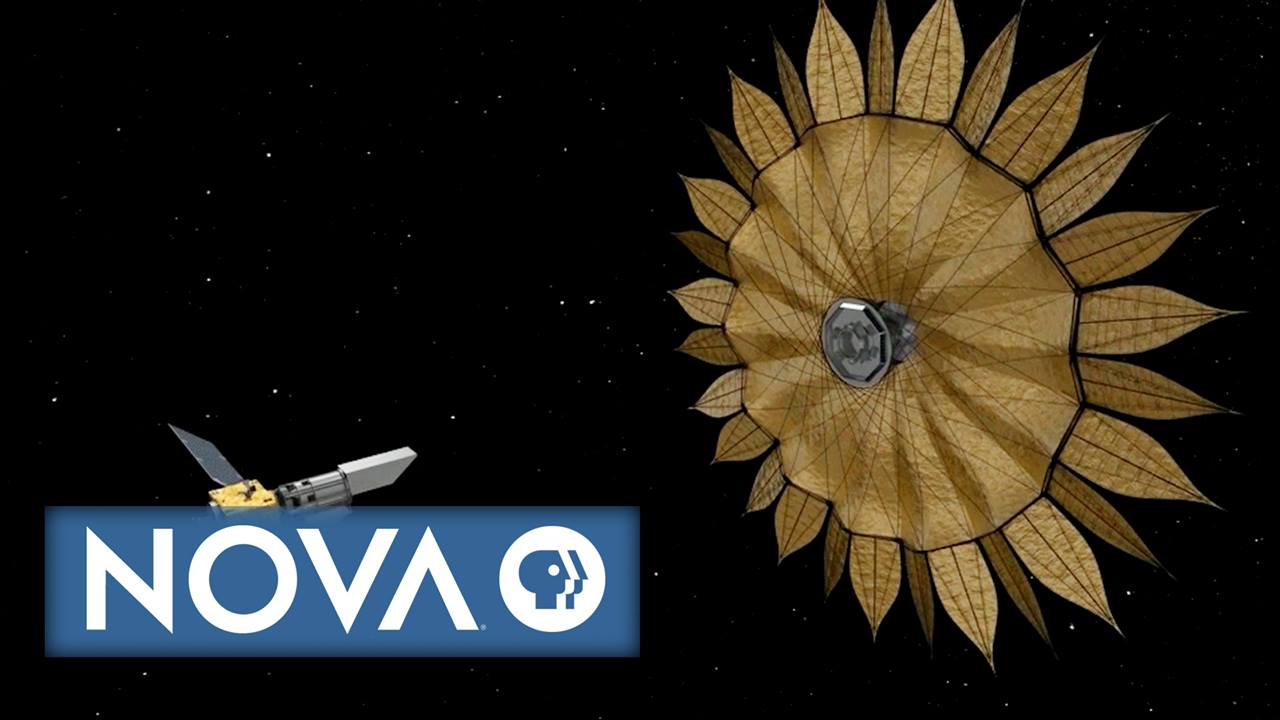
Engineers are using origami to design drugs, micro-robots, and future space missions.
Don’t miss “The Origami Revolution,” airing February 15, 2017 at 9 pm on PBS: http://to.pbs.org/2lp78cv
Feb 10, 2017
The Kurzweilian Singularity and Evolution of the Technigenome
Posted by Karen Hurst in categories: engineering, nanotechnology, quantum physics, Ray Kurzweil, robotics/AI, security, singularity
Great read and highlights what I have been showing folks around the convergence that is occurring between technology and biology via Quantum. We’re achieving (in the Epoch chart on Singularity Evolution) Epoch 5 via Quantum Bio and our work we’re seeing from DARPA, Microsoft, Amazon, Google, and others. Synbio has to mimic the properties we see with Quantum Biology/ Biosystems. And, things like DARPA’s own RadioBio will enable and expose many things on multiple fronts in Biosensors (including security), IoT, healthcare/ medical prevention management and treatments, AI, etc.
Singularity – the state of being singular; Oneness.
The biological system is a natural form of technology. A simple examination of the nanobiology of the macromolecular system of any cell will attest to this – enzymes and structural proteins are veritable nanomachines, linked to the information processing network of DNA and plasma membranes. Far from being a primordial or rudimentary organic technology – we are discovering more and more the level of complexity and paragon technological sophistication of living systems, which as is being discovered, even includes non-trivial quantum mechanical phenomena once thought to only be possible in the highly specialized and controlled environment of the laboratory.
Continue reading “The Kurzweilian Singularity and Evolution of the Technigenome” »
Feb 10, 2017
Intel researches tech to prepare for a future beyond today’s PCs
Posted by Karen Hurst in categories: 3D printing, 4D printing, computing, quantum physics
Glad Intel is moving this dial on their side as I have said for over a year they must do this to remain relevant. I would also encourage them to enter into a large 3D/4D printer partnership to develop a high speed printer that can print diamoide particles as they will need this bi-product to ensure stability in their chips and any other QC data storage and transfer processing. I do say they will need a group focused on Quantum Bio R&D as we begin to progress more of a integrated tech-bio system approach.
Intel realizes there will be a post-Moore’s Law era and is already investing in technologies to drive computing beyond today’s PCs and servers.
The chipmaker is “investing heavily” in quantum and neuromorphic computing, said Brian Krzanich, CEO of Intel, during a question-and-answer session at the company’s investor day on Thursday.
Continue reading “Intel researches tech to prepare for a future beyond today’s PCs” »
Feb 10, 2017
Microbial manufacturing
Posted by Klaus Baldauf in categories: biotech/medical, engineering
MIT spinout Manus Biosynthesis engineers microbes to produce rare and expensive ingredients for noncaloric beverages, perfumes, toothpastes, detergents, pesticides, and therapeutics. Spun out of the MIT Department of Chemical Engineering, Manus technologies could lead to new discoveries in drug development and product ingredients.
Feb 10, 2017
Quantum Effects in Biology
Posted by Karen Hurst in categories: biological, quantum physics
Looks like an interesting book for my Quantum Bio friends.
Quantum mechanics provides the most accurate microscopic description of the world around us, yet the interface between quantum mechanics and biology is only now being explored. This book uses a combination of experiment and theory to examine areas of biology believed to be strongly influenced by manifestly quantum phenomena. Covering subjects ranging from coherent energy transfer in photosynthetic light harvesting to spin coherence in the avian compass and the problem of molecular recognition in olfaction, the book is ideal for advanced undergraduate and graduate students in physics, biology a…

